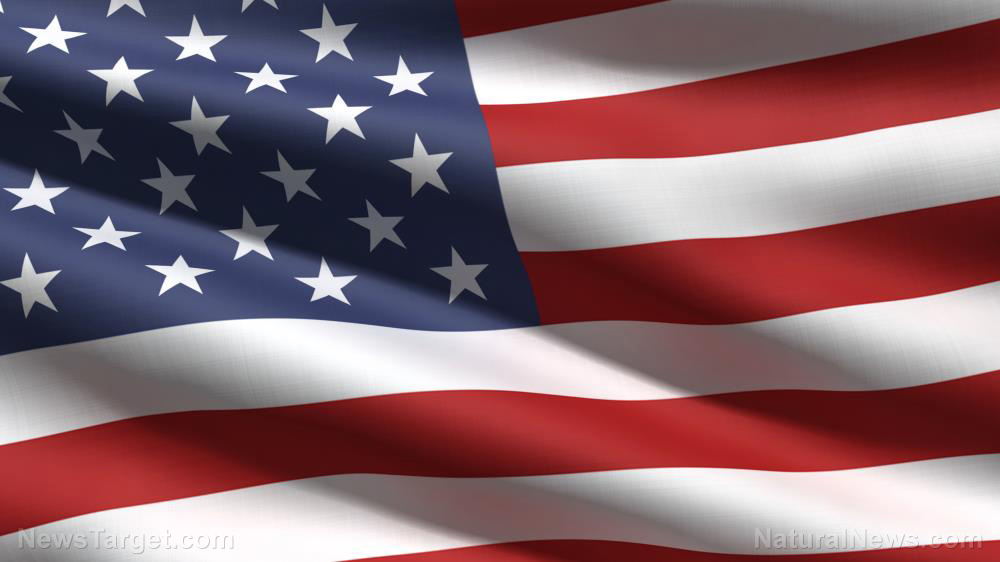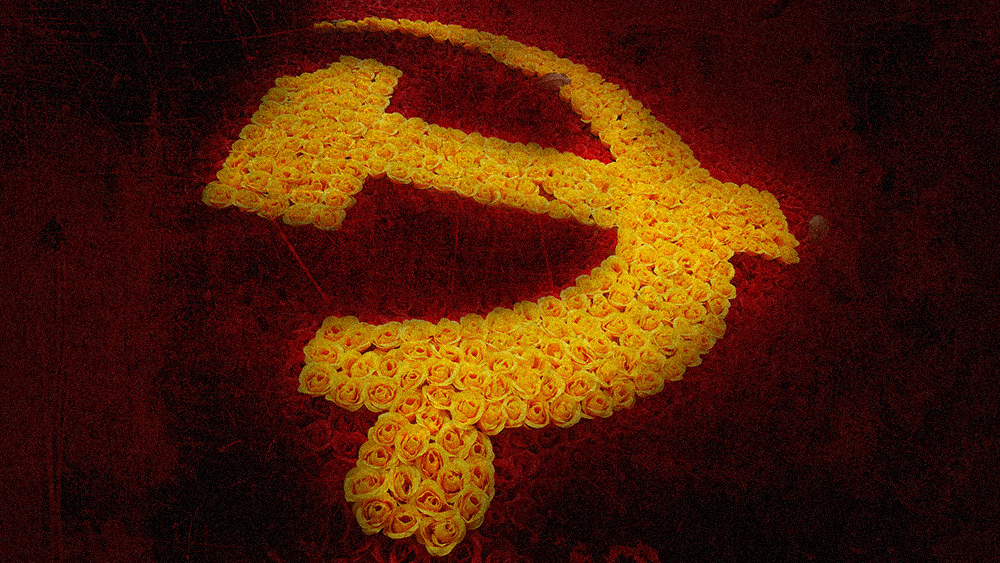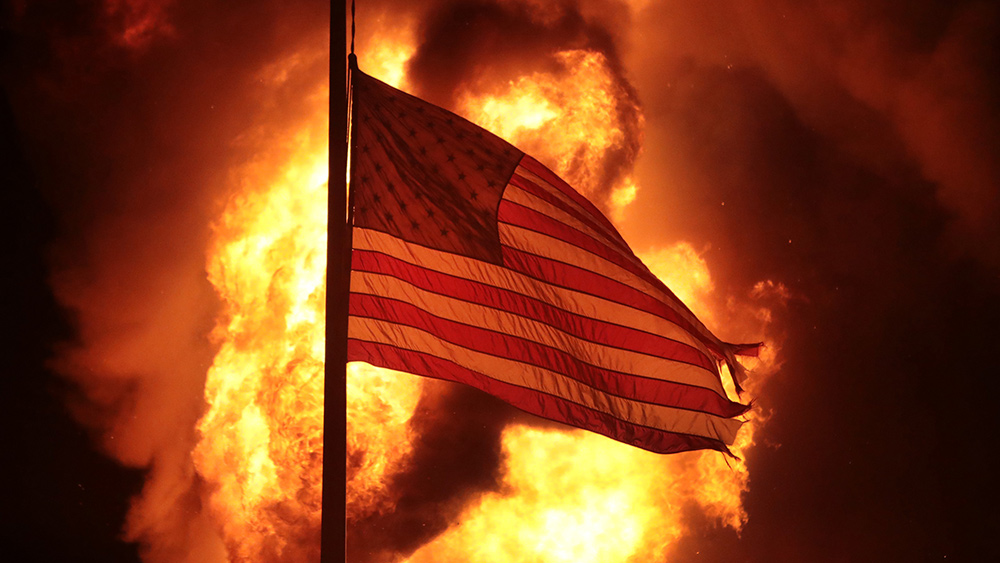
John Donahoe, the current CEO of Nike, is doubling down in support of his company's deeply rooted business ties to communist China.
In a recent interview, Donahoe was asked about how his company is handling competition from Chinese brands, to which he responded that "Nike is a brand that is of China and for China."
Wall Street analysts have been probing Nike ever since its latest earnings report, which was much higher than expected despite backlash against the company over its statements about Xinjiang.
Nike's fourth quarter earnings showed that revenues had doubled to a "better-than-expected" $12.3 billion during the first three months of 2021. These revenues helped the company bounce back to $1.5 billion in profit after suffering $790 million in losses a year earlier.
Nike's revenues in China also rose to more than $1.9 billion, missing Wall Street's expectations of $2.2 billion.
Donohoe is confident that communist China will continue to be a fast-growing market for the company, helping it to rake in record profits regardless of the human rights abuses occurring there.
"We've always taken a long-term view," Donohoe says. "We've been in China for over 40 years."
"Phil [Knight] invested significant time and energy in China in the early days and today we're the largest sport brand there," he added. referring to Nike's co-founder and former CEO who first saw potential for growth in China.
Chinese people have been boycotting Nike, not Americans
The reason why Nike failed to meet its Chinese numbers has to do with a nationwide boycott there that also took aim at Swedish fashion retailer H&M.
While Americans have continued to buy Nike products despite its horrific track record of evil, Chinese people have been saying no to Nike products due to the company's continued support for and use of slave labor in the Xinjiang region.
It is believed that both Nike and H&M are using cotton harvested by Muslim Uyghurs, potentially millions of whom are being held as slaves in concentration camps.
Back in December, the BBC published an investigation based on new research showing that China has been forcing hundreds of thousands of minorities, including Uyghurs, to harvest cotton for multinational corporations like Nike and H&M.
Xinjiang is China's largest region and produces some 20 percent of the world's cotton. It is supposed to be an autonomous region, however restrictions have increased in recent years.
In recent decades, Han Chinese, China's ethnic majority, have migrated to Xinjiang, fueling tensions that in some cases have erupted into chaos and violence.
Communist Chinese authorities have responded with a massive security crackdown that critics say violate the rights of the Uyghurs. The government, meanwhile, says it is necessary to combat "separatism" and "terrorism."
Uyghurs held in Xinjiang concentration camps are said to be tortured, sexually abused and forced to work manual labor for companies like Nike and H&M. The Chinese government denies these claims, insisting that the concentration camps are actually "reeducation" facilities to help lift Uyghurs out of poverty.
Back in March, a group of Western countries imposed sanctions on officials in China over these alleged abuses. The sanctions were introduced as a coordinated effort by the United States, Canada, the United Kingdom and the European Union.
In separate statements, both Nike and H&M indicated that they are "concerned" about the allegations concerning Uyghurs being forced to pick cotton in Xinjiang. Both companies claim that they do not source cotton from the region.
China is, however, one of H&M's main sources of supply. And like with Nike, it is also a major market for selling merchandise.
More related news about corporations like Nike that are making billions from Chinese slavery can be found at Corruption.news.
Sources for this article include:
Please contact us for more information.




















